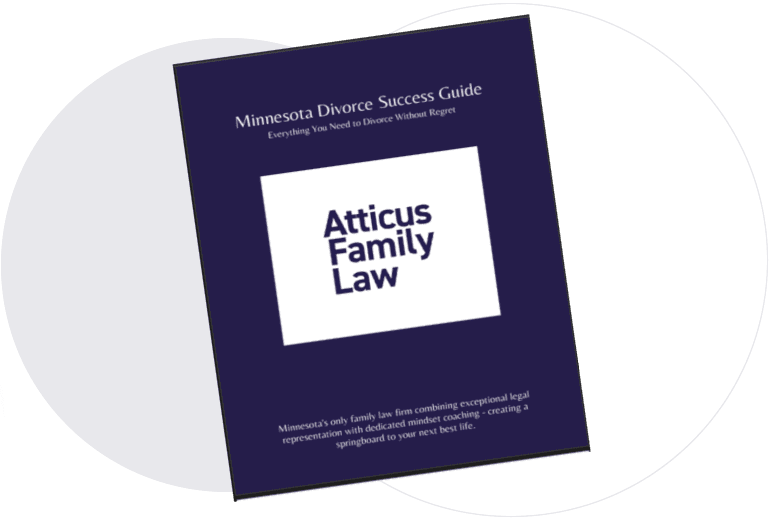Stillwater Divorce Lawyers
Stillwater Divorce Lawyers
Divorce is a complicated legal matter that can significantly affect you and your children’s future. Because your parental rights and your post-divorce finances are among the divorce terms you will be negotiating, it’s important to move toward divorce with a dedicated Stillwater divorce lawyer on your side.
Your Parental Rights
A major element of every divorce that involves children is child custody (discussed in terms of parenting plans and parenting time in Minnesota). Child custody is split into both physical custody (how parenting time is divided) and legal custody (who makes the important decisions related to raising the children). Both types of custody can be either sole or joint. If you and your ex share physical custody, however, it doesn’t necessarily mean that your children’s time will be split between you equally.
In fact, if you are able to negotiate terms between yourselves (with guidance from your respective divorce attorneys), you can make whatever arrangements work for your unique family. Even if one parent is awarded sole custody, however, the court is very likely to give the other parent a visitation schedule – based on the court’s presumptive stance that children are better served by continuing to spend time with both parents (barring a reason to the contrary).
Your Marital Property
The property that you and your spouse amass over the course of your marriage is called marital property, and upon divorce, these assets will be divided equitably – fairly given the circumstances – between the two of you. This doesn’t necessarily mean that you’ll split things right down the middle, and this equitable distribution is obviously open to interpretation, which means it can quickly become complicated.
Child Support
Child support payments are a payment system that is based on a state calculation schedule that helps balance financial support for children between both parents. These payments are predicated on how much parenting time each parent has and on each parent’s financial means relative to the other’s. As such, even if both parents divide their time with the children equally, the parent with greater financial means will likely pay child support to the other (in an effort to balance financial support relative to one’s financial means). If one parent does provide primary custodial care, his or her financial contribution is typically considered effectively accomplished.
Alimony
Spousal maintenance (or alimony) amounts to payments made by one ex (with the financial means to help) to the other (who experiences a post-divorce financial setback). Alimony is usually temporary financial assistance to help the in-need spouse find his or her financial footing, but the following factors can affect the amount and duration of alimony:
- The length of your marriage
- The degree to which one spouse sacrificed his or her own career for the other’s career success
- You and your ex’s relative health, education, employability, and earning potential
- If there are any extenuating circumstances involved, such as a child with special needs
Discuss Your Divorce Concerns with an Experienced Stillwater Divorce Lawyer
If you’re facing a divorce, the formidable Stillwater divorce lawyers at Atticus Family Law have the experience, compassion, and resources to help you find divorce terms that protect your rights and allow you to move forward with confidence. We’re here to help you, so please don’t hesitate to contact us for more information today.

FREE Download of the Minnesota Divorce Success Guide: Everything you need to divorce without regret.
- Decisions about the children’s future and parenting time.
- Responsibility for spouse’s debt and spending.
- Separation of assets and income.
- Who will work on my case?
- How long will it all take?
- How will you accomplish my goals?
- How much will it cost and what do the fees include?
Want To Get A Head Start?
Enter your information to download these guides to get a leg up in securing a fair outcome in your family law case.

Schedule a consultation
Ready For A Fresh Start?
Ready to take the first step towards a brighter future?
Click the button below to connect with our experienced divorce attorney and start your journey toward a better tomorrow.
Get Started Now

